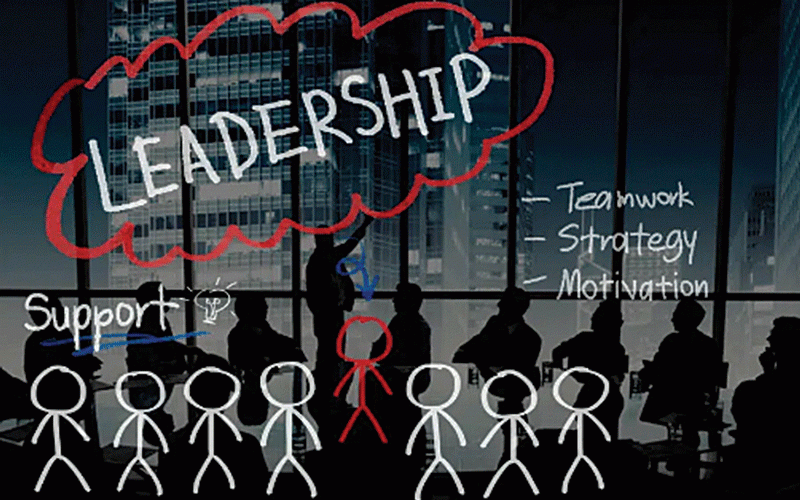
In today’s world, social media seems to be taking the world by storm. It has proved to be a tool that can connect people, not only with other people, but with the rest of the world.
Social media is undoubtedly one of the reasons why it has become easier for people to stay connected whichever part of the world they may be. This is also the reason why the people who were thought as unreachable can be reached through various social networking sites. Your reputation matters most and you ought to maintain professionalism in social media as well as guarding jealousy against your reputation.
For many of us, Facebook, Twitter, Linkerdin, WhatsApp, among others, is a way to connect with relatives, classmates, colleagues, and friends. It is so much fun to use these sites, because you can post whatever you like, whenever you like. One important way that social media has been unified into our society of today is in the working world. Not only has social media been able to connect people, but it has presented a means of networking, allowed for employers to scout for prospective employees and has created jobs.
For professionals, social media gives them the unique opportunity to brand themselves. While this opportunity can be both positive and negative, if used correctly social media could be used to benefit one’s professional brand
Let us face it: social media is risky, especially if you fail to use it professionally. A single unfortunate post can throw your career off track. While it is humorous to post anything in your wall, make sure you write sensible or tasteful remarks, as anything you post can be read worldwide or show up in almost all search engines, thus tarnishing your image.
It would not be prudent to post information that displays any behaviour that could be misinterpreted as counterproductive or against company policy. In actual fact, we are all not supposed to post to social media what may damage the reputation of oneself or the agency.
In recent years, the world has seen the rising number of employee terminations or suspensions that stem from social media posts. Employees who post negative comments about a company or a supervisor may find themselves dismissed from their responsibilities.
Moreover, things that are deliberated at a workplace or professional setting must not be entertained on social media without the company’s permission. As a matter of fact, professionals and leaders are expected to convey themselves in a manner that promotes high moral and ethical standards both within the walls of the workplace and the private home setting.
- Chamisa under fire over US$120K donation
- Mavhunga puts DeMbare into Chibuku quarterfinals
- Pension funds bet on Cabora Bassa oilfields
- Councils defy govt fire tender directive
Keep Reading
Whatever you post on social networking site may affect your employment or your reputation in any other way.
Here are some tips on how to use social platforms professionally:
Always check your spelling and grammar
Grammar involves using words correctly to construct both written and spoken sentences. The words chosen and how they are put together will communicate thoughts and information, so it is vital to use them right with correct spellings. Rushing to press “send” and overlooking errors will definitely haunt you in the long run. Improper punctuation can cause sentences to run together or not be complete. Grammatical bugs make your writing harder to read, and they turn readers off. When your writing is clean, readers understand where you are coming from. And the more your readers understand and respect where you are coming from, the more likely they are to share your content.
Avoid posting company secrets
Workplace confidentiality can be defined as keeping the employee, customer and client information private. Usually, it is seen that organisations take a number of steps to ensure that client information remains confidential, but when it comes to employee information, they may not be so particular. Employees have an implicit duty to keep information belonging to the employer confidential. Keeping trade secrets also requires developing policies to secure company information in an organisation.
Never post that you are looking for a new job!
Knowing what to share during a job search is something, you have to guard against. When you post your job hunt on social media you are probably damaging your chances of keeping your current role. Your boss may read this, and this may result in him or her losing trust in you. You have to be responsible with your posts as this may cost you your job. Your online reputation will influence your real-world contacts. However, if you cannot safeguard your account, better skip social media altogether.
Never access your accounts during work hours
It should be known that the employer owns all company property including emails and is allowed to review its contents. On the same note, employees should know that messages sent within the company, as well as those that are sent or received to or from another person or company can be subject to monitoring by your employer. This may include online email accounts such as gmail as well as instant messages. Employees should assume that their email is being monitored and is not private. Sometimes there might be no protocol that you must not open your accounts during work time, but it is common sense that companies value work time, hence it is proper to open personal emails or other social networks during lunch hours or after work.
Do not post nasty comments or videos
Please, note also that we are also not supposed to post any nasty comments, or videos or use our account to spread rumours about our boss, clients, or co-workers. This may get you fired or cause workplace conflicts. Also, never post negative sentiments about your work. These are better said in the office and not in the cyberworld.
Freedom of expression is a right, but being irresponsible can make you lose your job.
Remove or block some negative some friends
Blocking people on social media prevents the person who can potentially harm you from contacting you or commenting on your social network site. In particular, social media users should not feel uncomfortable about blocking anyone who is abusive, toxic or otherwise inappropriate on social media. It’s also completely appropriate to block someone on one specific social network but remain connected with them on another. If it is on Facebook those who refuse to take out unflattering pictures or comments they posted about you can tarnish you so the only solution will be to block them.
Social media is available to everyone and it is only going to continue to develop and expand. Professionals need to develop habits that will keep them out of trouble both personally and professionally. Maintaining professionalism and dignity should not only concern ordinary employees, individuals and businessmen. As a responsible Internet user, each one of us has the responsibility to present ourselves in the most appropriate manner if we want to be respected. It is highly important to maintain professionalism in using these social media platforms for interaction.











